Mourning the Loss of Nilla
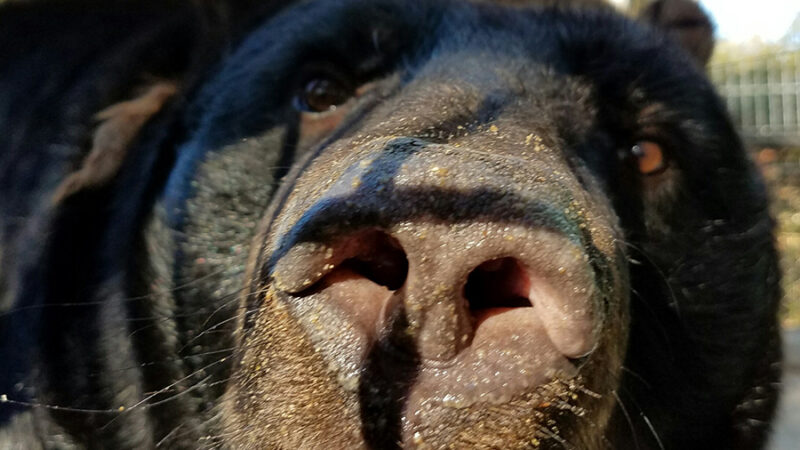
Published July 25, 2024
We are heartbroken to share the loss of our beloved American black bear, Nilla.
Last week, our Life Sciences team noticed reduced mobility and increased stiffness and monitored her closely for any changes to her condition. Despite receiving the best veterinary care possible, sadly, she peacefully passed away early this week.
Nilla was 20 years old, but her story began in 2004. She was rescued by Arkansas Game and Fish Commission (AGFC) after it was believed her mother was poached. Nilla was approximately seven weeks old when the AGFC brought her to Arkansas’ Crossland Zoo, where she lived until the zoo closed its doors in late 2015.
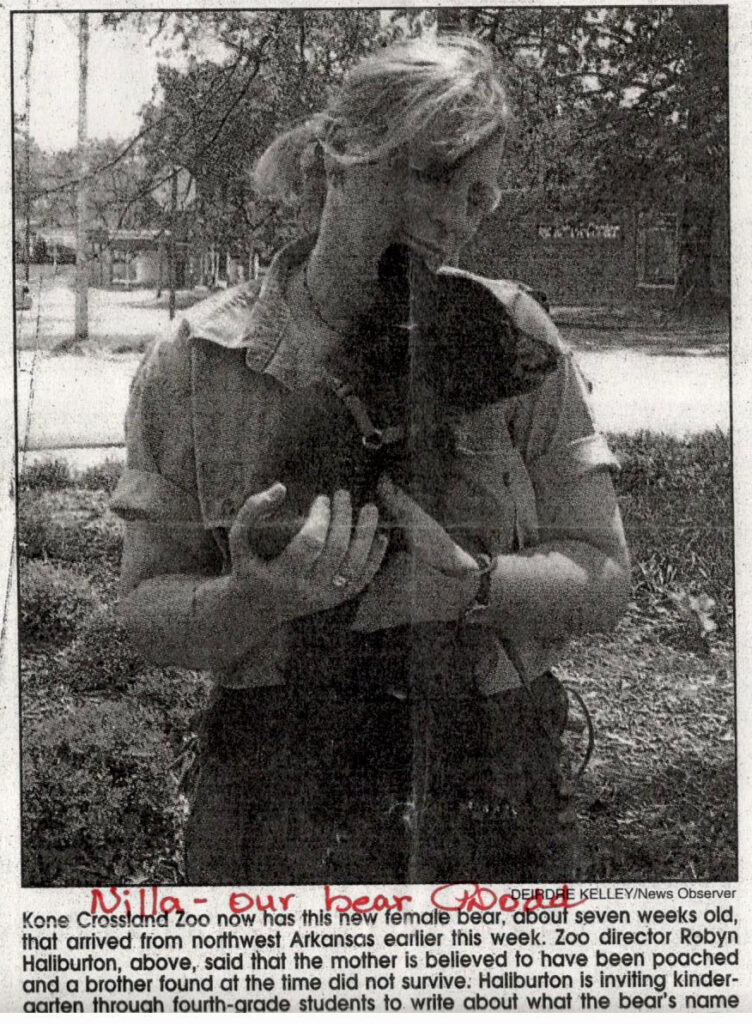
Shortly after Crosslands’ closing, Wonders of Wildlife opened its doors and welcomed her in. She spent nearly the last 10 years at our facility and learned she had choice and control over aspects of her life. This included learning to participate in her own medical care voluntarily and learning from her keepers that she was the best bear – even though she despised taking a bath.
She enjoyed a variety of enrichment activities that promoted her natural behaviors. She had a sweet tooth, preferring peanut butter, marshmallows, and sweet potatoes to leafy greens. Her name was even inspired by her love for Nilla Wafer cookies.
“Nilla was a wonderful animal that impacted the WOW team and guests alike,” said Mike Daniel, Director of Animal Care. “She was an ambassador for her species and inspired so many of our guests to learn more about the great American black bear. She will be missed dearly by all of us.”
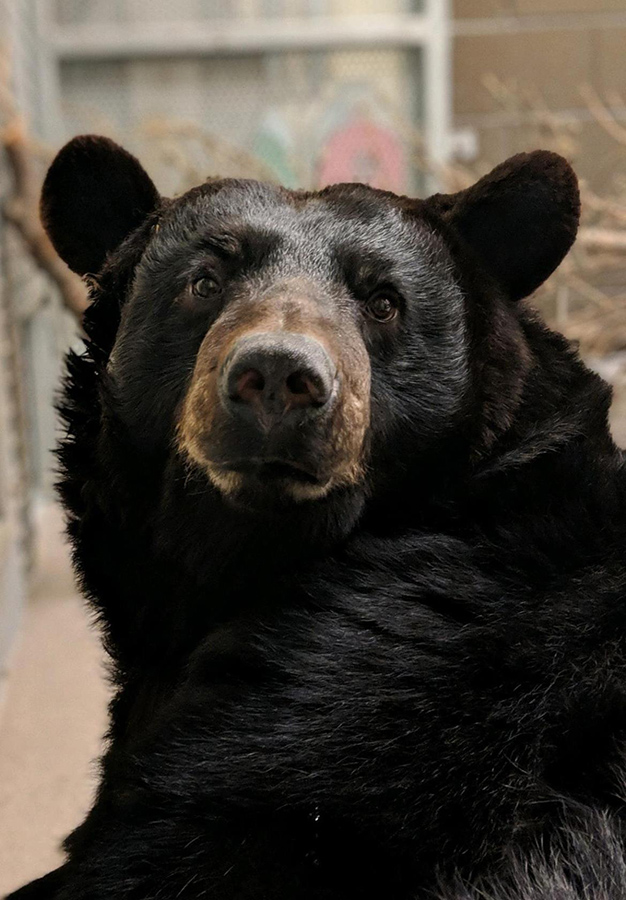
American black bears are diurnal – or active during the day – and build dens beneath fallen trees, hollow logs, and other protective shelters. They are not currently a species of conservation concern; however, in previous years, their numbers were declining across the country because of excessive hunting. As of today, they are recolonizing, and their populations are increasing. This includes the Show-Me State! The Missouri Department of Conservation states, “Most Missouri bears live south of Interstate 44.” and they are the only bear species found in the state.
When food sources are scarce, they will trickle into human populations. They are attracted to our food, refuge, and livestock. Many people fear black bears and resent the damage they cause. However, humans and black bears tend to have a relatively peaceful relationship, and they are not generally dangerous to humans. As humans continue to encroach on their habitats, coexisting with these animals is becoming more necessary. As for the bears, they are extremely adaptable and have become accustomed to living close to growing settlements while becoming less scared of humans.
It is important to respect these animals and remind ourselves their home is the nature that surrounds us. Black bears remain common and widespread throughout the national parks and even in our own backyards.
Nilla’s biggest impact was on the keepers and guests who had the opportunity to learn more about her species. Our keepers continue to share the knowledge they have gained with keepers here and beyond. Guests who came to Wonders of Wildlife were able to learn more about the American black bear and understand these bears are an important species to our ecosystem. Through conservation education at zoos and aquariums, wildlife and wild places can be enjoyed for generations to come.
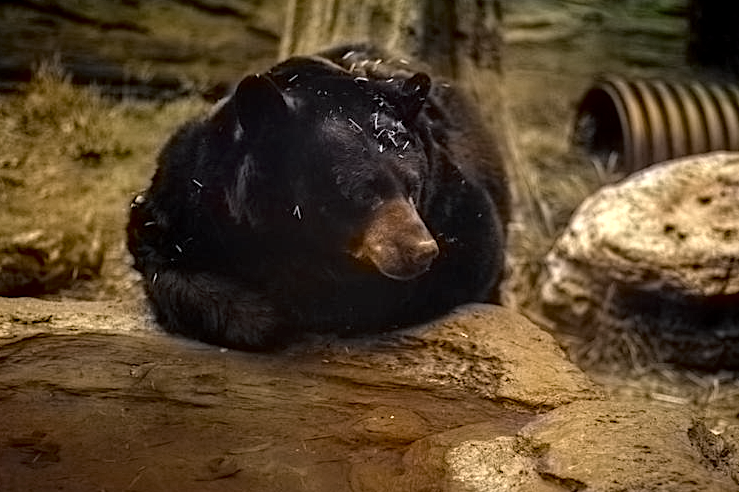
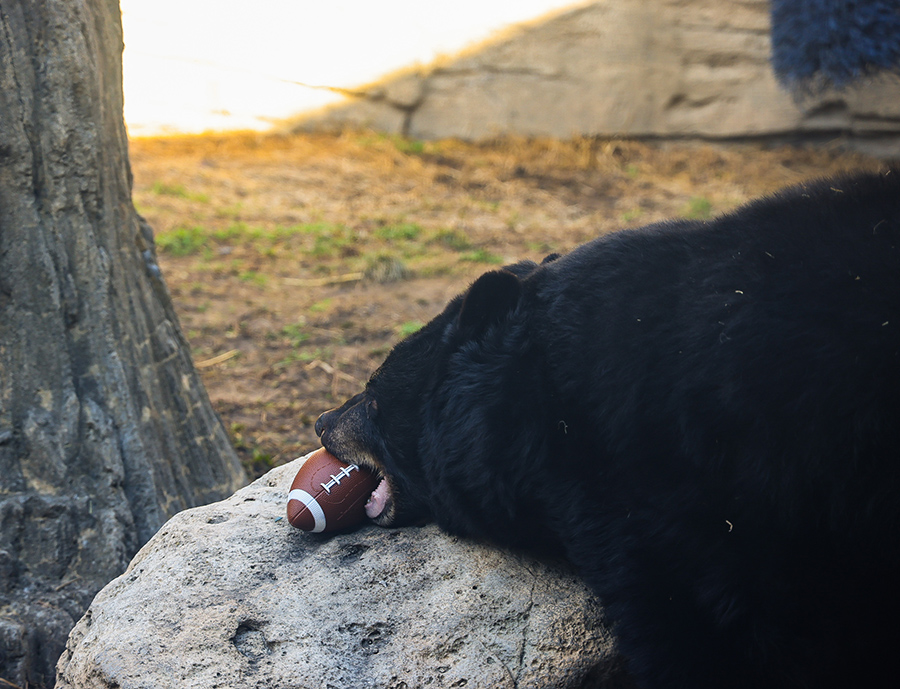
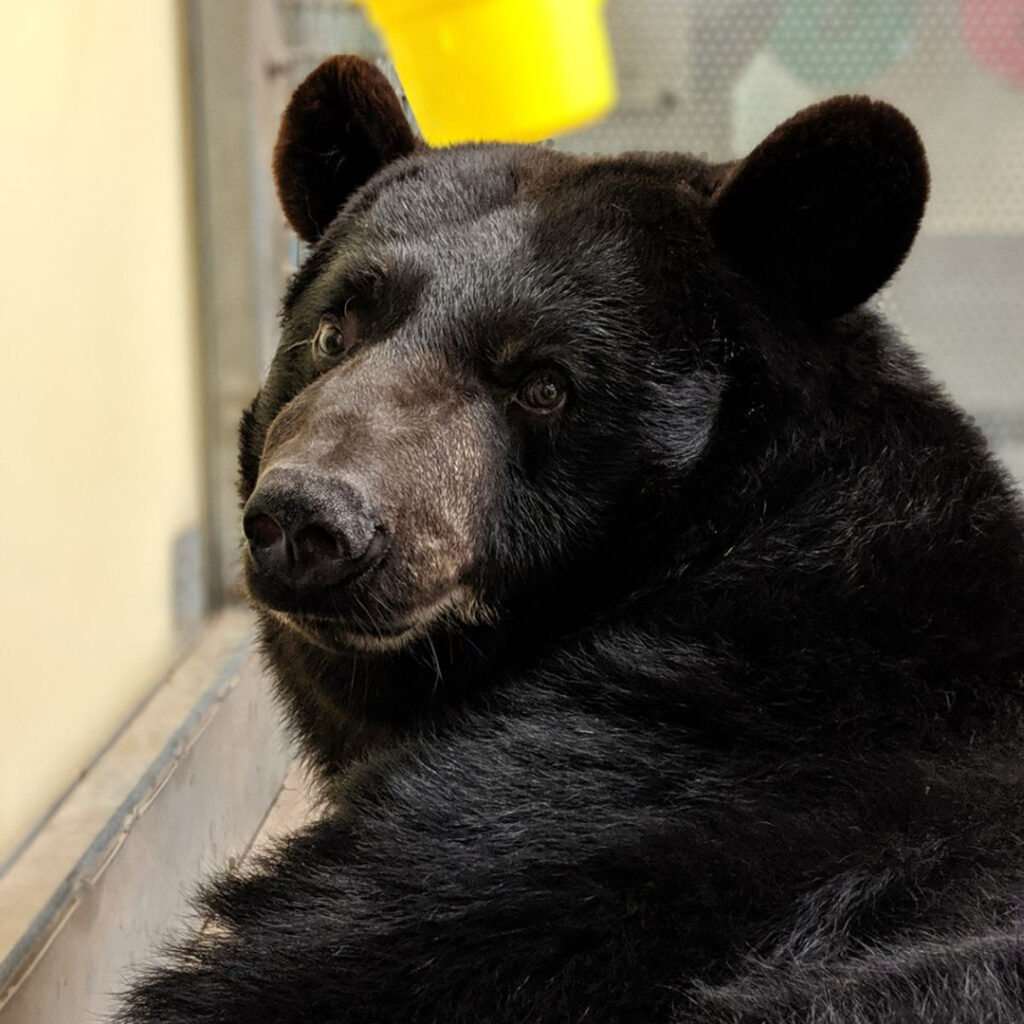
News & Updates
Read the latest news & updates about Wonders of Wildlife.
Recent News & Stories
- Celebrating Service: Veterans Day at Wonders of Wildlife
- Conservation Starts with a Gift: Explore our Holiday Offers
- Commemorating the Life of Capella
- Celebrating NHF Day 2025 at WOW
- National Zookeeper Week at WOW
- How to Celebrate Shark Week
- I Wonder…Why are Animal Ambassadors so Important to Conservation Efforts?
